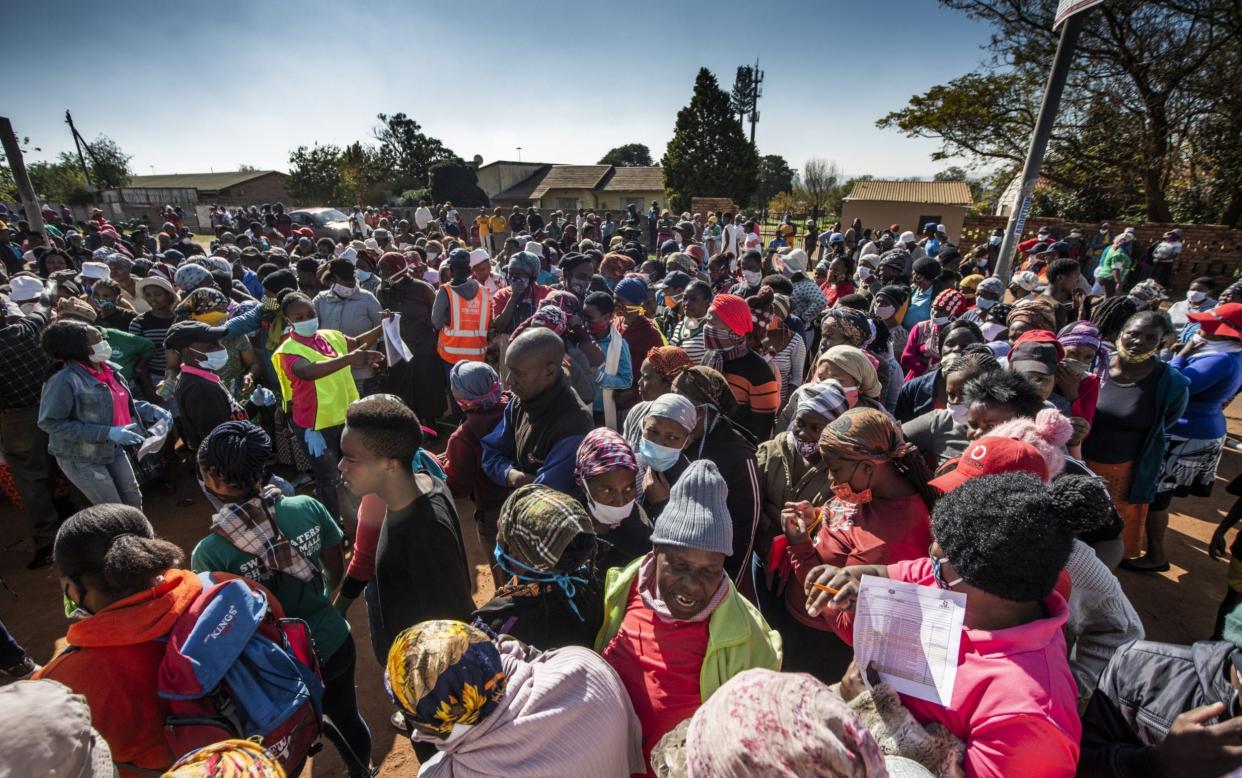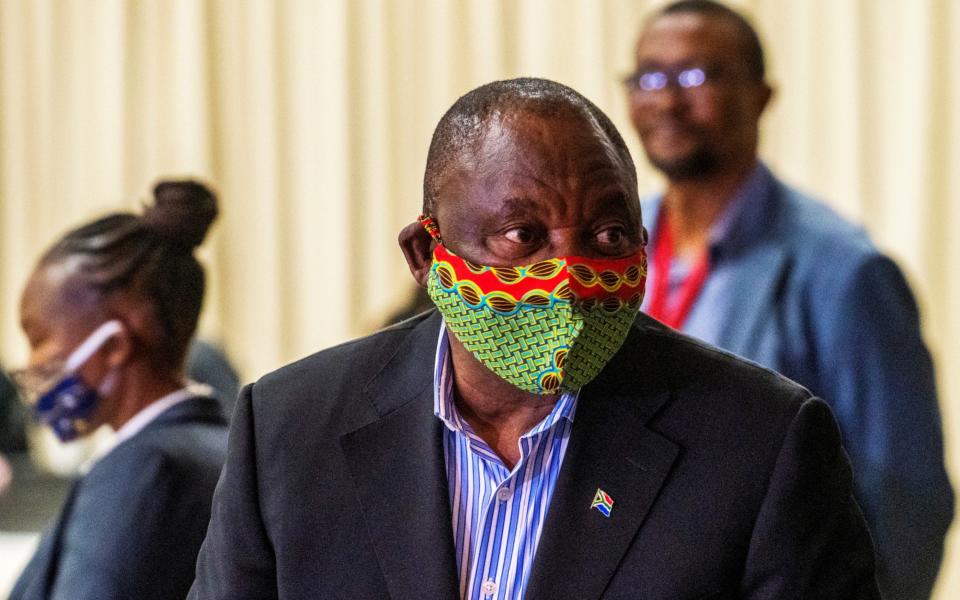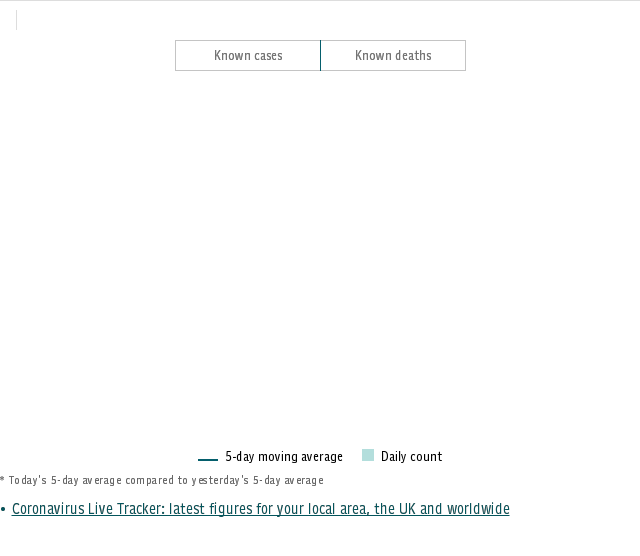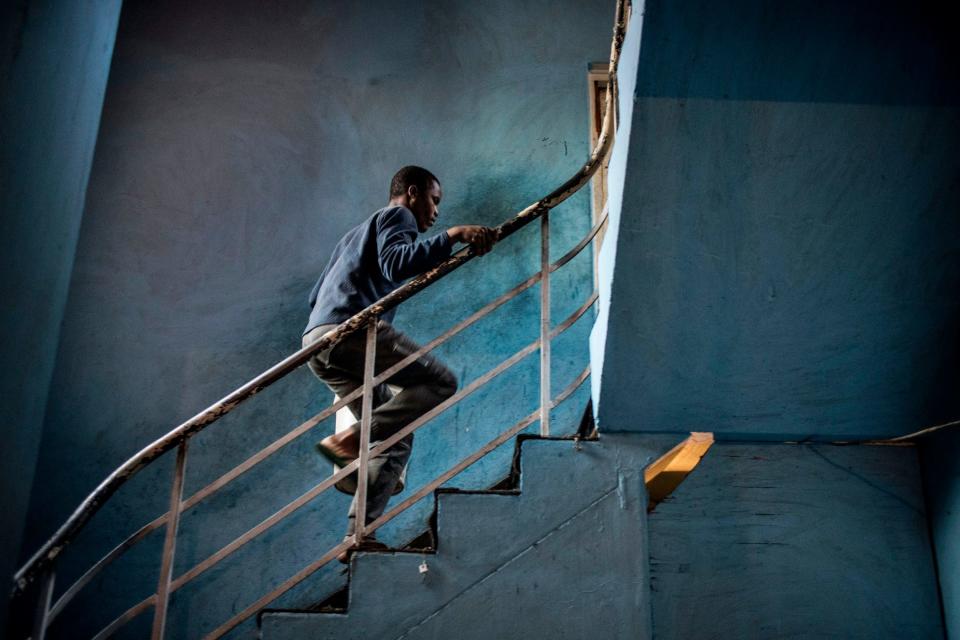The looming economic cost of South Africa's strict lockdown


Pity Cyril Ramaphosa. South Africa’s president won office because he was seen as moderate and business friendly, a level head and soothing hand after nearly a decade of shrill populism under his predecessor, Jacob Zuma.
Fixing the rotten legacy he inherited would always be a daunting challenge. Since he took the oath of office in February, 2018, South Africa has twice slipped into recession as the years of waste, corruption and ineptitude took their toll.
Then along came coronavirus.
Even before the country’s first confirmed case was reported in KwaZulu Natal in early March, South Africa’s economy was shrinking, its people getting poorer.
But now, five weeks into one of the world’s strictest lockdowns, Africa’s most developed state is facing the prospect of unparalleled financial upheaval.
By one measure, the restrictions Mr Ramaphosa has imposed, from a ban on alcohol and cigarette sales to a prohibition on dog walking, have been impressively successful.
South Africa might have the largest number of cases on the continent — 9,420 in total, with 186 deaths — but it started to flatten the curve of its infection rate in the last week of March.
In fact, the overall death rate has actually fallen: in a notoriously violent country, the lockdown has meant that South Africans have had fewer opportunities to murder each other, while the prohibition on booze meant there has been less drink-driving.
Yet if one catastrophe may have been averted, another is looming, and a growing number of voices are suggesting that the lockdown might not be worth it — that it could even cost more lives than it saves.
“There is very little for us to gain and almost everything to lose by keeping people at home and keeping businesses shut any longer,” John Steenhuisen, the interim leader of South Africa’s Democratic Alliance opposition, said in a speech on Friday.

Mr Ramaphosa has authorised a phased easing of the lockdown. Some employees in selected manufacturing industries are being allowed back to work under strict conditions.
But most restrictions remain in place and many South Africans, anxious about their survival, are starting to chafe against them.
South Africa may be the world’s most economically unequal state, but the lockdown has brought misery across the race and class divide and Mr Steenhuisen’s criticism is starting to resonate throughout society.
For although the president has unveiled what is by far Africa’s biggest stimulus and social relief programme — worth 500bn rand (£22bn) and equivalent to 10 percent of Gross Domestic Product — its delivery has been patchy at best.
The state has only been able to reach a fraction of those South Africans who need food aid. Most are being fed by private charities.
Even the private charities face being overwhelmed. On April 29, donors from local businesses and mosques set up stalls to deliver 8,000 food parcels to residents of two townships near Johannesburg. Within an hour, a two-mile queue had formed.

Florence Malope, a resident of Alexandra, one of the oldest of Johannesburg’s townships, is among those who has registered to receive food aid from the provincial government. So far none has been forthcoming.
A cleaner, she is still just about to make ends meet because an employer she works for one day a week is still paying her, even though she cannot actually report for duty. Many of her neighbours, however, are far worse off.
“I see people every day, including children, going to bed at night without eating,” she said. “Some are starving.”
More than 700,000 people live in “Alex”, a 2.7 sq mile patch of squalor across the highway from Sandton City, the richest square mile in Africa. At least a third of the country’s population of 58m still live in similar townships and squatter camps.
Many of them are desperate. Before the lockdown, school-going children could at least count on being given a decent meal a day. But with schools closed, many families now have less to eat and more mouths to feed.

And the problem is only likely to grow. Economic modelling conducted by the World Bank and others calculates that more Africans are likely to enter poverty than escape it for the first time in decades.
South Africa will not be an exemption. The country’s treasury estimates that as many as 7m will lose their jobs.
The country’s economic picture could not be grimmer. Last month, the rand fell to a record low against the dollar and South Africa’s credit rating was downgraded to junk status.
Some of the country's most famous companies seem unlikely to survive. South African Airways, the continent’s oldest airline, has entered bankruptcy protection and is seeking to lay off all its staff. It is almost certainly doomed.
More than half of the country’s magazine titles, some of which have been in publication for more than 50 years, have gone under in the past fortnight.
With no visitors entering South Africa, the tourism sector, from hotels in the Cape to safari lodges in the Kruger National Park, has been ravaged.
Even South African Breweries, one of the country’s most successful firms, is in crisis. Last week it announced it would have to dump 34 million gallons of beer, literally throwing it down the drain, because of the ban on alcohol sales.
Ultimately, analysts say, the economic devastation will cost not just livelihoods but also lives — with some predicting the economy could shrink by as much as 17 percent, a decline of similar severity to that witnessed in the United States during the Great Depression.
“The recession is going to be much deeper than we thought and is going to endure much longer,” said Martin Kingston, head of the economic workgroup at Business for South Africa, which represents some of the country’s biggest companies.
“A continued lockdown is not only damaging the economy. It promises a humanitarian disaster to dwarf Covid-19.”

